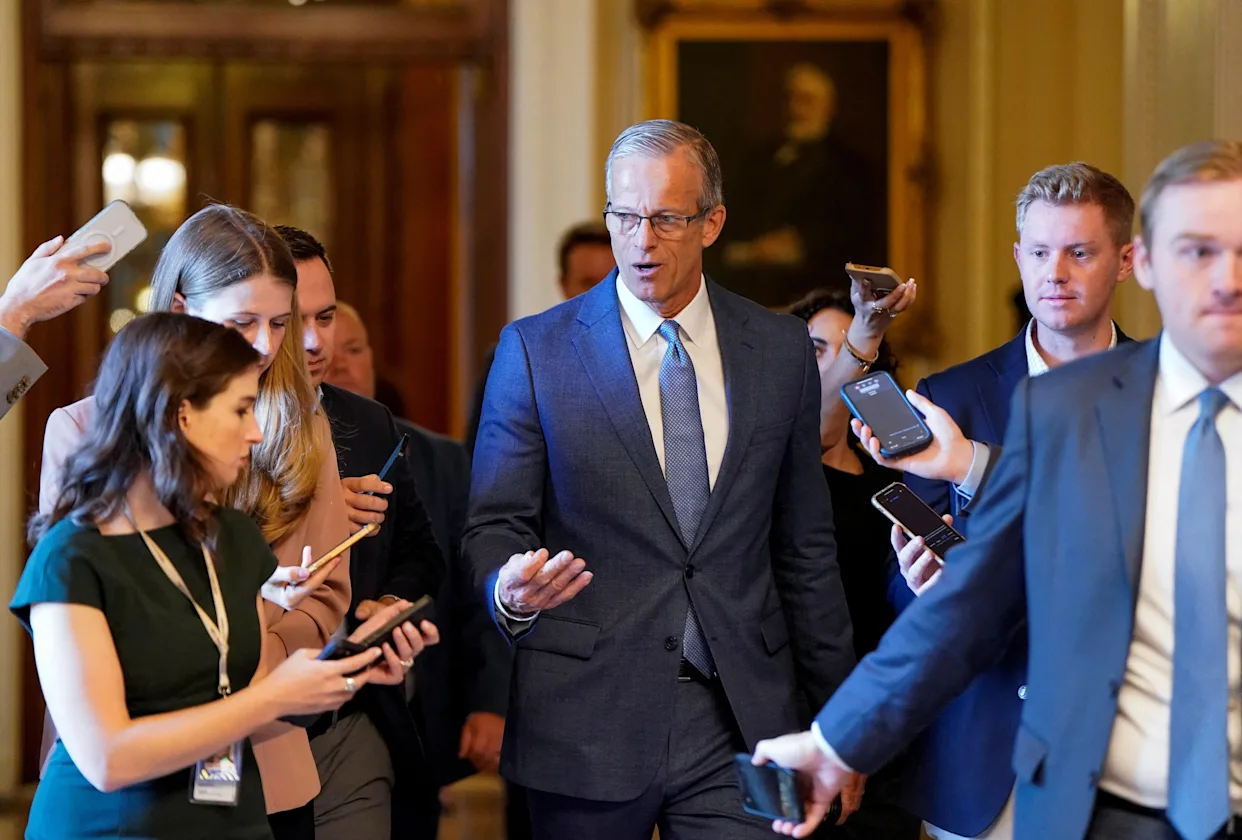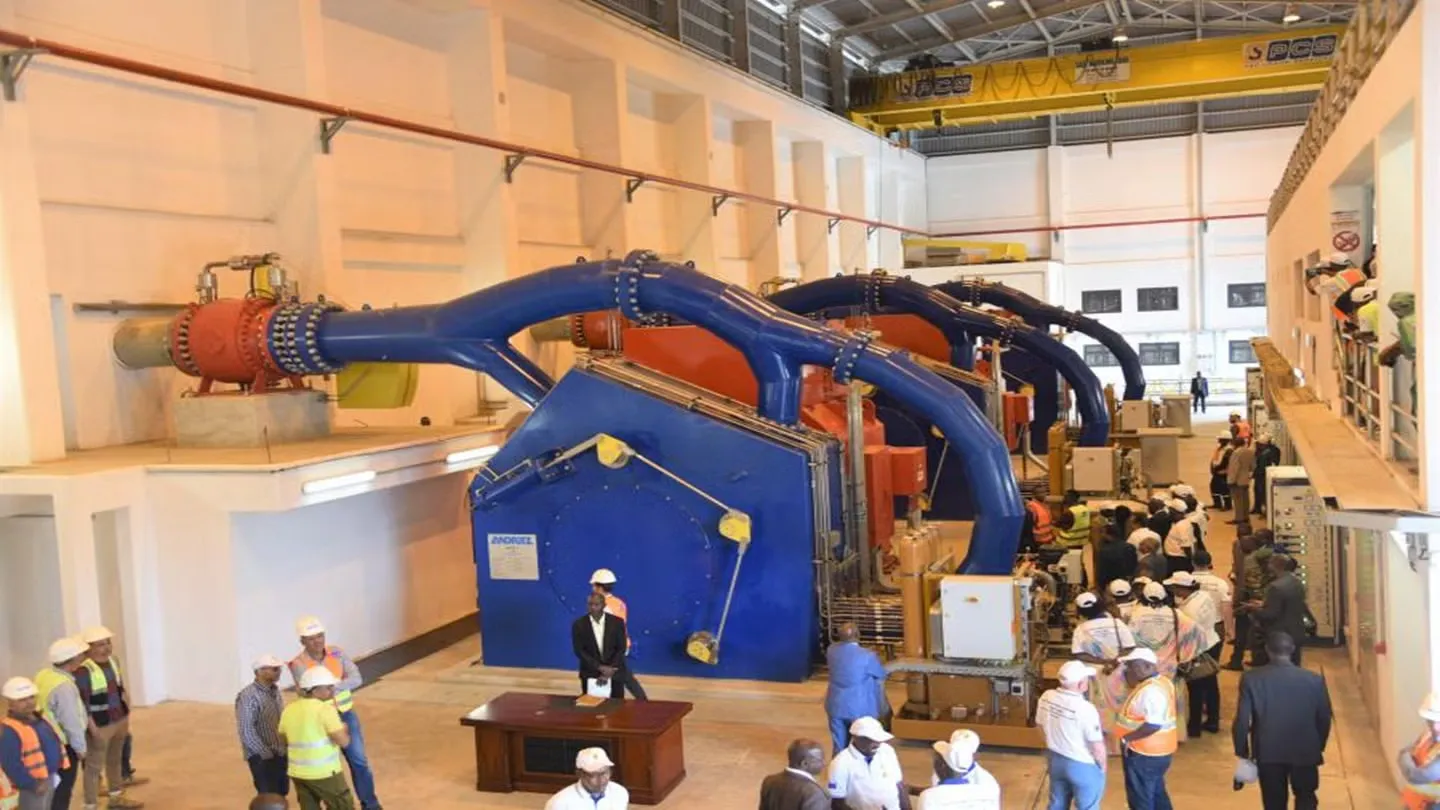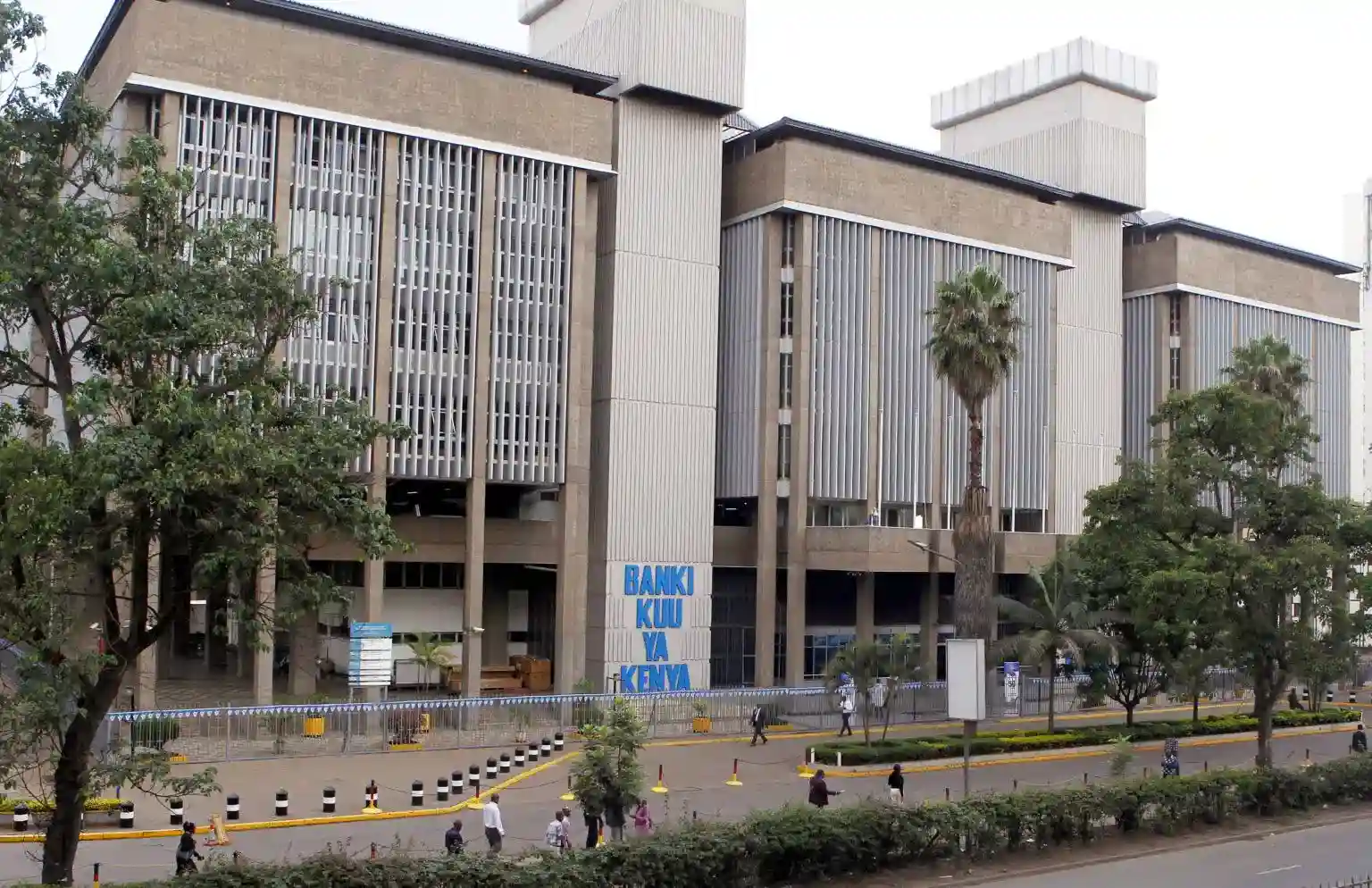National Assembly Majority Leader Kimani Ichung’wah has unveiled a sweeping package of legislative reforms that aim to stimulate economic growth and improve the business climate in Kenya. With the economy facing ongoing challenges, including high inflation, a volatile currency, and stiff competition from regional neighbors, the proposed reforms are timely and essential for bolstering Kenya’s economic resilience and stability.
Ichung’wah highlighted six key bills currently under review, which include amendments to laws governing public finance, tax procedures, business, and procurement. These reforms have been termed “critical for the continuity and resilience of the Kenyan economy.” As Kenya grapples with an economic slowdown, they could play a transformative role in promoting a fair and competitive market, reducing fiscal deficits, and increasing government accountability.
The Six Key Bills and Their Significance
The proposed legislative reforms include:
- Public Finance Management (Amendment) Bills No. 3 and No. 4
- Tax Procedures (Amendment) (No. 2) Bill
- Tax Laws (Amendment) Bill
- Public Procurement and Asset Disposal (Amendment) Bill
- Business Laws (Amendment) Bill
These bills stem from extensive public consultations, with input from both citizens and stakeholders in various industries. The Ministries of Finance and Trade spearheaded the consultations, ensuring that the reforms respond to the needs of local businesses and citizens.
The reforms come as Kenya’s government is under pressure to address challenges such as the budget deficit, increasing debt servicing obligations, and a slow-growing private sector. Ichung’wah expressed optimism that these legislative changes would address long-standing issues in Kenya’s economic framework and support more sustainable growth.
A Closer Look at Each Bill
1. Public Finance Management (Amendment) Bills No. 3 and No. 4
The Public Finance Management (PFM) bills propose enhancements in the governance of public funds, aiming to improve transparency and accountability. Given recent revelations of inefficiencies and alleged corruption in state-funded projects, these amendments seek to tighten financial oversight. Enhanced financial governance is expected to increase investor confidence and attract both foreign and domestic investments by demonstrating the government’s commitment to proper fiscal management.
2. Tax Procedures (Amendment) (No. 2) Bill and Tax Laws (Amendment) Bill
Ichung’wah noted that the Tax Procedures and Tax Laws amendments will help reduce punitive tax policies, simplify tax administration, and provide relief to businesses struggling with tax arrears. A critical aim of these amendments is to eliminate some of the penalties and interest that have accumulated on overdue taxes, thereby enabling businesses to reinvest in growth rather than continually servicing debts to the Kenya Revenue Authority (KRA).
These changes come at a time when the business community has been vocal about the burden of high taxes and unpredictable tax policies. With neighboring countries like Uganda and Rwanda creating more favorable tax environments, some Kenyan companies have considered relocating operations to mitigate costs. By creating a friendlier tax regime, the new reforms aim to prevent the outflow of companies and to encourage foreign companies to establish operations within Kenya.
3. Public Procurement and Asset Disposal (Amendment) Bill
The proposed amendments to the Public Procurement and Asset Disposal Act focus on improving efficiency and transparency in government procurement processes. Misuse of public funds in procurement has been a persistent issue in Kenya, often resulting in inflated project costs and delayed timelines. The amended bill proposes measures to reduce waste, curb corruption, and streamline procurement practices, ensuring that government resources are used optimally.
Ichung’wah highlighted the need for tighter oversight to prevent the misuse of public funds, which has been a common occurrence in procurement processes for infrastructure and other government-led projects. Enhanced regulations could reduce costs, free up more resources for development projects, and make the government’s procurement process more efficient.
4. Business Laws (Amendment) Bill
The Business Laws Amendment Bill is designed to enhance the ease of doing business in Kenya. By introducing a range of incentives to retain and attract manufacturers, the bill seeks to address competitive pressures from other East African countries that have begun to attract investments from multinationals. According to Ichung’wah, Kenya’s manufacturing sector has been at risk as companies eye relocation to countries with lower operating costs.
The incentives proposed in the Business Laws Amendment Bill may include tax holidays, subsidies, and grants that encourage local businesses to expand and sustain their operations in Kenya. The goal is to foster a business environment that encourages job creation, boosts the domestic manufacturing sector, and attracts foreign direct investment.
Addressing Key Economic Concerns
Ichung’wah emphasized the need to create a tax system that is efficient, fair, and reduces unnecessary burdens on businesses that are vital to the nation’s economic growth. Over the past few years, Kenyan businesses have faced challenges from accumulating tax penalties and interest. High tax rates, combined with complex tax regulations, have created hurdles for businesses, especially in the informal and small-to-medium enterprise (SME) sectors, which form a significant part of the economy.
The majority leader explained that these legislative reforms address these issues by creating a more business-friendly environment. “From improvements in tax management to safeguarding local businesses from external threats, these bills reflect the voices and interests of Kenyans,” Ichung’wah stated. “The goal is to create a system that supports growth and reduces punitive measures that have stifled business activity.”
Protecting Local Industries
Ichung’wah also addressed concerns about the influx of cheap imports, particularly from countries like China and India, which have impacted the competitiveness of Kenyan manufacturers. The legislative package includes protections for local industries to prevent them from being outcompeted by cheaper, often subsidized imports. Safeguarding Kenya’s manufacturing sector is crucial for achieving the government’s industrialization goals, as outlined in the Vision 2030 plan.
“We have a duty to protect our industries from unfair competition and ensure that our manufacturing sector can grow sustainably,” Ichung’wah said. The reforms aim to prevent the dumping of low-cost goods into the Kenyan market, which has hurt the competitiveness of locally made products and led to job losses in various industries.
Incentives to Keep Manufacturers in Kenya
Ichung’wah also emphasized that the Business Laws Amendment Bill includes incentives to encourage manufacturers to remain in Kenya rather than relocating to neighboring countries with lower production costs. Kenya’s manufacturing sector has been a cornerstone of its economic development, and its success is essential for reducing the country’s dependency on imports.
With some manufacturers considering moving to other East African countries that offer more favorable business environments, the incentives under consideration are intended to foster a climate of retention and expansion. A robust manufacturing sector is anticipated to have a ripple effect on employment, supply chains, and the overall economy.
Streamlining Procurement Processes
One of the more pressing issues tackled by the reforms is the inefficiency of the public procurement process. The Public Procurement and Asset Disposal (Amendment) Bill proposes mechanisms to combat misuse of funds and streamline procurement practices. In the past, inefficiencies and corruption within procurement have led to significant losses in public resources and have hampered government projects. The bill aims to address these issues by creating transparent processes and stringent oversight measures.
Preparing for Debate: Internal Briefing in Parliament
In anticipation of rigorous debates, Ichung’wah announced plans for an internal briefing or Kamukunji, which will allow legislators to examine the bills in detail. This meeting will help lawmakers understand the broader impact of the reforms on Kenya’s economy and allow for a well-informed debate on these critical issues.
“We want every member to be fully informed so they can participate in a thoughtful and robust debate on these critical issues,” Ichung’wah said. This briefing is expected to provide a platform for lawmakers to gain clarity on the bills’ provisions and engage in productive discussions that consider the long-term implications of the proposed reforms.
Conclusion: Paving the Way for a Stronger Kenyan Economy
Ichung’wah’s legislative reform package represents a crucial step toward building a stronger, more resilient economy in Kenya. By tackling issues in taxation, public finance, procurement, and business regulations, these reforms aim to create a balanced environment for both businesses and the government. If passed, the reforms are expected to foster sustainable economic growth, protect local industries, and improve Kenya’s competitiveness on the global stage.
In an economy striving for recovery, the success of these bills could lead to a transformed business landscape, increased investment, and enhanced economic stability. Ichung’wah’s efforts underscore the importance of an adaptable legislative framework to meet the evolving needs of Kenya’s economy.
Ready to take your career to the next level? Join our dynamic courses: ACCA, HESI A2, ATI TEAS 7 and HESI EXIT !🌟 Dive into a world of opportunities and empower yourself for success. Explore more at Serrari Ed and start your exciting journey today! ✨
Photo source: Google
By: Montel Kamau
Serrari Financial Analyst
14th November, 2024
Article, Financial and News Disclaimer
The Value of a Financial Advisor
While this article offers valuable insights, it is essential to recognize that personal finance can be highly complex and unique to each individual. A financial advisor provides professional expertise and personalized guidance to help you make well-informed decisions tailored to your specific circumstances and goals.
Beyond offering knowledge, a financial advisor serves as a trusted partner to help you stay disciplined, avoid common pitfalls, and remain focused on your long-term objectives. Their perspective and experience can complement your own efforts, enhancing your financial well-being and ensuring a more confident approach to managing your finances.
Disclaimer: This article is for informational purposes only and does not constitute financial advice. Readers are encouraged to consult a licensed financial advisor to obtain guidance specific to their financial situation.
Article and News Disclaimer
The information provided on www.serrarigroup.com is for general informational purposes only. While we strive to keep the information up to date and accurate, we make no representations or warranties of any kind, express or implied, about the completeness, accuracy, reliability, suitability, or availability with respect to the website or the information, products, services, or related graphics contained on the website for any purpose. Any reliance you place on such information is therefore strictly at your own risk.
www.serrarigroup.com is not responsible for any errors or omissions, or for the results obtained from the use of this information. All information on the website is provided on an as-is basis, with no guarantee of completeness, accuracy, timeliness, or of the results obtained from the use of this information, and without warranty of any kind, express or implied, including but not limited to warranties of performance, merchantability, and fitness for a particular purpose.
In no event will www.serrarigroup.com be liable to you or anyone else for any decision made or action taken in reliance on the information provided on the website or for any consequential, special, or similar damages, even if advised of the possibility of such damages.
The articles, news, and information presented on www.serrarigroup.com reflect the opinions of the respective authors and contributors and do not necessarily represent the views of the website or its management. Any views or opinions expressed are solely those of the individual authors and do not represent the website's views or opinions as a whole.
The content on www.serrarigroup.com may include links to external websites, which are provided for convenience and informational purposes only. We have no control over the nature, content, and availability of those sites. The inclusion of any links does not necessarily imply a recommendation or endorsement of the views expressed within them.
Every effort is made to keep the website up and running smoothly. However, www.serrarigroup.com takes no responsibility for, and will not be liable for, the website being temporarily unavailable due to technical issues beyond our control.
Please note that laws, regulations, and information can change rapidly, and we advise you to conduct further research and seek professional advice when necessary.
By using www.serrarigroup.com, you agree to this disclaimer and its terms. If you do not agree with this disclaimer, please do not use the website.
www.serrarigroup.com, reserves the right to update, modify, or remove any part of this disclaimer without prior notice. It is your responsibility to review this disclaimer periodically for changes.
Serrari Group 2025





